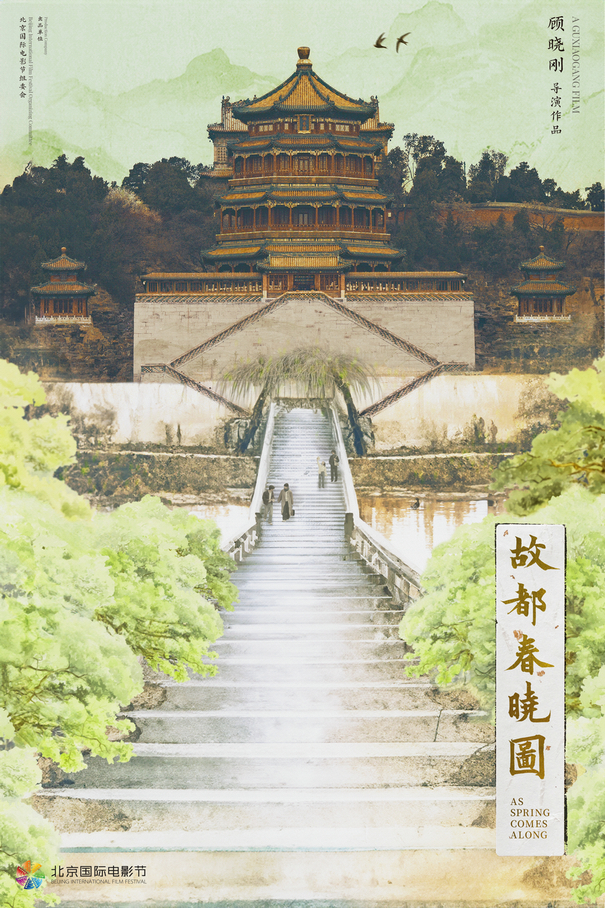
A chip manufacture machine Photo: VCG
The US is reportedly working to review the potential risks of RISC-V chip technology being used by major Chinese technology companies, which is seen as a new front of the expanding technology war initiated by the US that aims to curb China’s development in the sector.
Observers said that the US will find it difficult to restrict China on RISC-V technology and that if it does so, US companies could bear huge losses and the global supply chain could be affected.
The US Department of Commerce is reviewing the national security implications of China’s work in open-source RISC-V chip technology, Reuters reported on Tuesday, citing a letter the department sent to US lawmakers.
Any restrictions could set off a chain reaction and create uncertainty for the initiators themselves, Zhang Xiaorong, director of the Beijing-based Cutting-Edge Technology Research Institute, told the Global Times on Wednesday.
“As an open-source technology, RISC-V is widely used in the design of the Internet of Things. China’s contribution to the technology is strong,” said Zhang.
According to Reuters, the US Commerce Department letter said that it is “working to review potential risks and assess whether there are appropriate actions under Commerce authorities that could effectively address any potential concerns.”
But the Commerce Department also noted that it would need to tread carefully to avoid harming US companies that are part of international groups working on RISC-V technology. Previous controls on transferring 5G technology to China created roadblocks for US firms working in international standards bodies where China was also a participant, risking US leadership in the field, according to Reuters.
Analysts said that the letter shows that the US action is about technology dominance, not open-source development.
RISC-V, pronounced as “risk five,” is a set of basic instructions that tell a chip how to perform a computing task. It provides a common language for designing processors used in devices such as smartphones, disk drives, Wi-Fi routers and tablets, according to RISC-V International, a non-profit managing RISC-V technology.
Since RISC-V is an open-source technology, if the US imposes restrictions, it will slow down the global development of the technology, Ma Jihua, a veteran telecom industry observer, told the Global Times on Wednesday.
If the US imposes restrictions, it may only restrict American companies that do RISC-V research and development and production from cooperating with Chinese companies, Ma said.
“It’s similar to … when the US sanctioned Huawei [and] American companies weren’t allowed to participate in international conferences or organizations where Huawei was present. However, the ban was eventually revised because Huawei was seen as more important to many international organizations than some American companies,” said Ma, and it will be the same with RISC-V technology.
Controlling China’s access to RISC-V technology, however, is easier said than done, said an analysis published by the Center for Security and Emerging Technology (CSET), a policy research organization within Georgetown University, in January.
RISC-V International moved its headquarters from the US to Switzerland in March 2020 in part to insulate itself from the creeping influence of geopolitics on the chip industry. This move severely limits the US government’s regulatory options, according to CSET.


 Poster for film
Poster for film